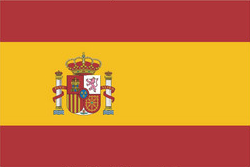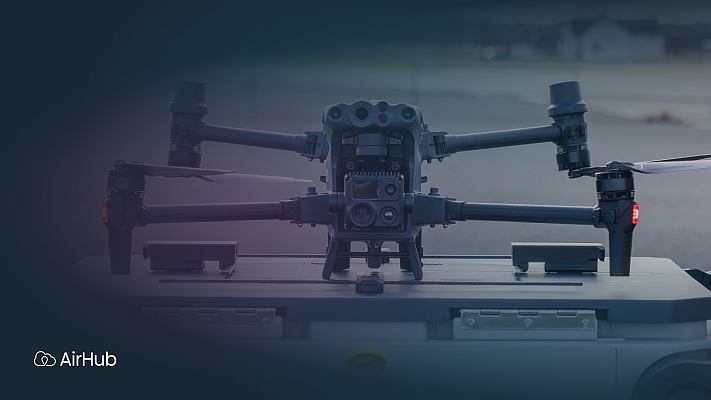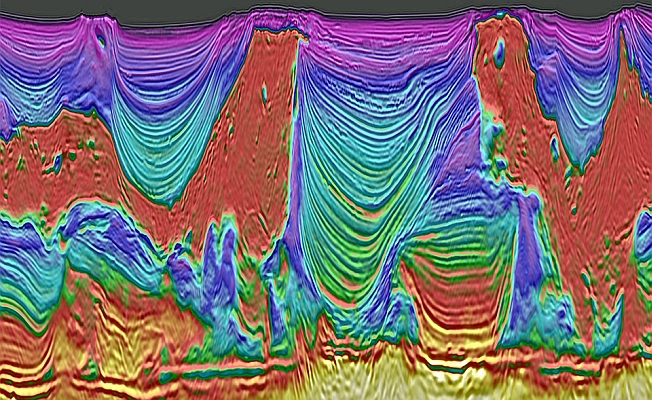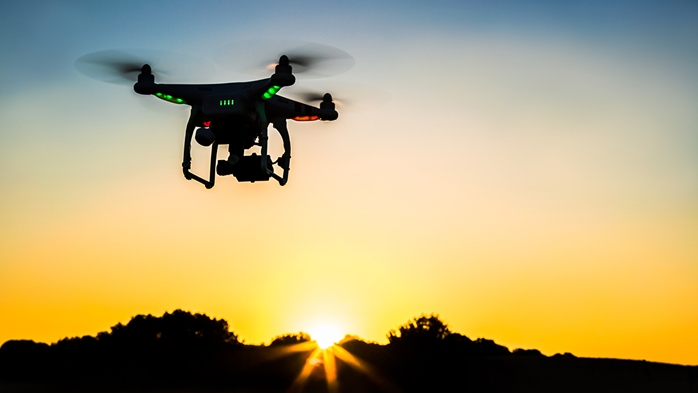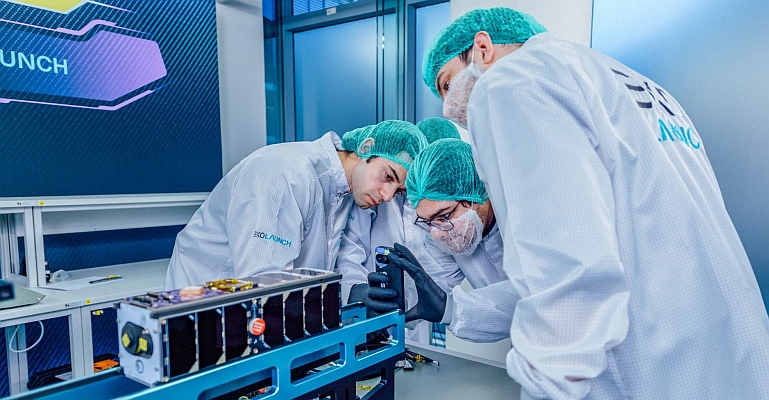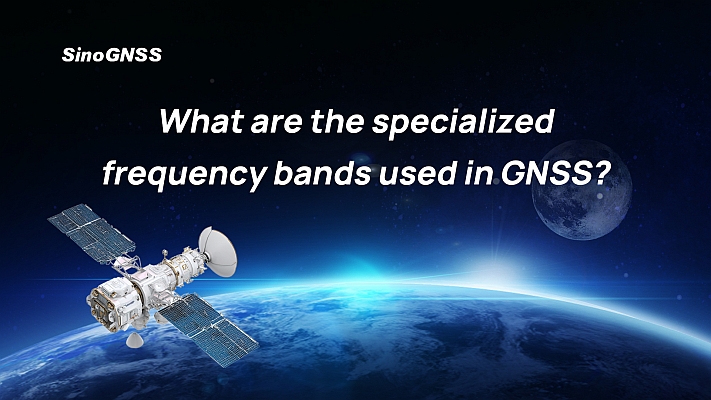 The share of information and the access to a growing amount of data can improve forecasts of natural disasters and land use polices, among many other applications for the benefit of science and society. This is the goal of the Group on Earth Observations (GEO), which for the first time will hold its annual plenary in Brazil.
The share of information and the access to a growing amount of data can improve forecasts of natural disasters and land use polices, among many other applications for the benefit of science and society. This is the goal of the Group on Earth Observations (GEO), which for the first time will hold its annual plenary in Brazil.
In Foz do Iguaçu, from November 19-23, will be addressed how to broaden access to data that contributes to the humankind welfare and planet preservation. Currently, 88 countries, the European Commission and 61 international organizations, such as Unesco and the World Meteorological Organization, are members of GEO, which is headquartered in Geneva, Switzerland.
Through the National Institute for Space Research (Instituto Nacional de Pesquisas Espaciais – Inpe), Brazil stood out in GEO for being the world’s first country to adopt a policy of free distribution of satellite images, in 2004, when data of Cbers Program (China-Brazil Earth Resources Satellite) began to be offered free of charge, online, to any user. The success of this pioneering initiative led other countries, such as the United States, to also available free satellite data.
Another important Brazilian action is the “Cbers for Africa”, a program created by INPE with the support of the China Centre for Resource Satellite Data and Application (CRESDA), which is a partner in the satellite program, to provide free images for Africa’s countries. Antennas and receiving stations of satellite data have being installed to cover the whole African continent.
“Hosting the GEO Plenary places Brazil in a deserved level of prominence. Due to ‘Cbers for Africa’, Brazil has showed the international community that it is possible to do a lot when the public policy of earth observation data is aimed at supporting the international cooperation mechanisms,” said Julio D’Alge, coordinator of INPE’s Earth Observation.
About 350 people, representing different countries and institutions, will be attending the GEO Plenary. The establishment of a global system for Earth Observations supply by 2015 will be addressed. Called GEOSS (Global Earth Observation System of Systems), its goal is to gather and enable the combination of multiple data of observation on oceans, forests, biodiversity and urban development, among others.
Will be attending the Plenary, Minister Fabio Pitaluga, head of the Division of Sea, Antarctica and Space of Itamaraty and head of the Brazilian delegation at the event; the director of Inpe, Leonel Perondi; the director of Space Policy and Strategic Investments of Brazilian Space Agency (AEB), Petrônio Noronha de Souza; authorities of the Ministry of Science, Technology and Innovation (MCTI) and Ministry of Environment (MMA), among other representatives of domestic and international institutions.
The Plenary will take place on Nov. 22 and 23 at the Mabu Thermas & Resort. At the same place, between Nov. 19 and 21, a lot of preparatory meetings and side events are also scheduled. Among them, there is the GEO Brazil, on Nov. 20, aimed at gathering institutions working with Earth Observation data in Brazil, such as INPE, Embrapa, National Water Agency (ANA), Brazilian Forest Service, National Supply Company (Conab), among others.
Source: Inpe


